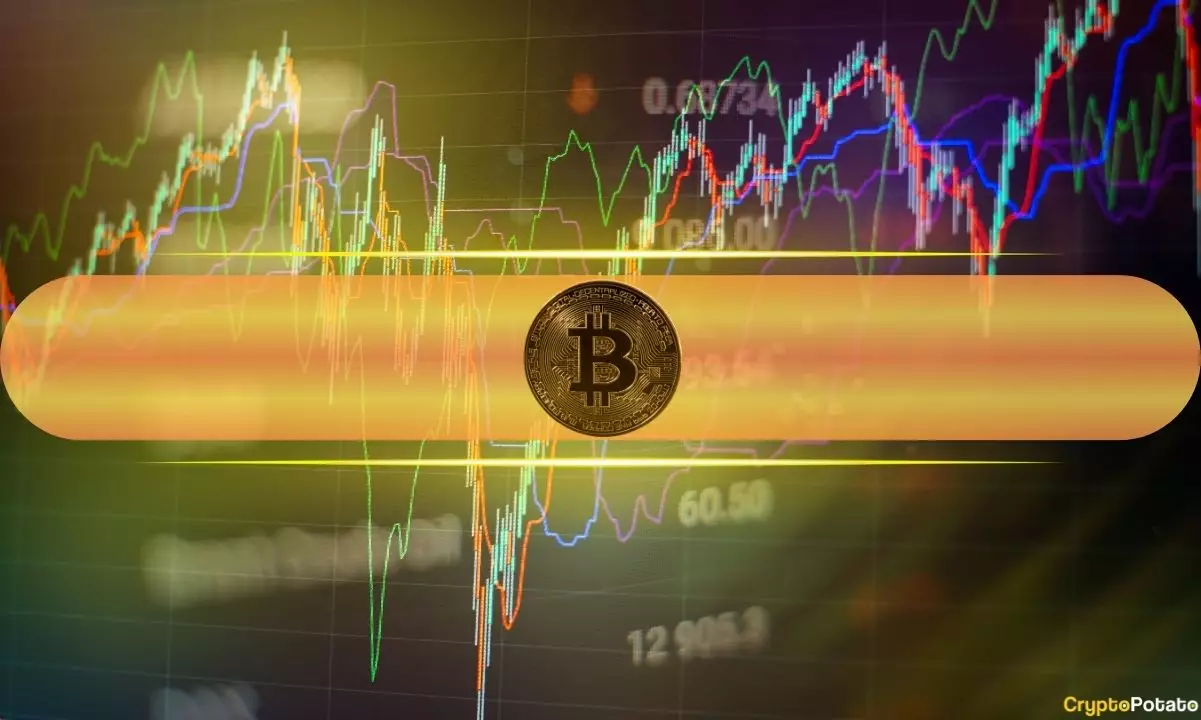Recent reports indicating a decline in the Purchasing Managers’ Index (PMI) should serve as a wake-up call for policymakers and investors alike. Manufacturing activity has now been contracting for three consecutive months, and for the first time in nearly a year, service activities are also experiencing a contraction. These trends are not just passing phenomena; they reflect deep-rooted challenges in our economy that cannot be ignored. Such declines often lead to broader economic ramifications, as they signify shrinking demand and can stifle job growth. It’s troubling that these signals are largely dismissed by those who believe that merely stimulating demand is enough to bring growth back into focus.
The Crypto Market: A Volatile Playground
The recent dust-up involving industry titans like Elon Musk and former President Donald Trump has brought volatility back to the crypto markets. As the dust settles from this chaotic interaction, investors must brace themselves for the potential fallout. This week’s key reports on inflation and consumer sentiment could trigger another wave of movement. One has to wonder if the crypto enthusiasts placing their bets on future growth are genuinely prepared for the tumultuous ride ahead. Instead of treating cryptocurrency as a digital gold standard, it may be wiser to approach it with caution and recognize it for what it is—an unstable asset class ripe for speculation.
Impending Inflation Data: A Double-Edged Sword
The incredibly influential Consumer Price Index (CPI) report to be published this week has the potential to reaffirm that inflationary pressures remain unabated. Central banks are watching keenly; the CPI isn’t just a number—it’s a sentiment indicator, a reflection of how consumers feel about their financial well-being. The following Producer Price Index (PPI) report will illuminate the underlying costs of goods and could signal whether manufacturers are feeling the pinch of higher input prices. With inflation not only cooling demand but actively eroding purchasing power, the stakes couldn’t be higher.
Consumer Sentiment: The Canary in the Coal Mine
The upcoming Michigan Consumer Sentiment Index will show us whether confidence among consumers has faltered. It’s crucial; if consumers start to cut back on spending due to rising inflation and inherent anxiety about the economy, we could see a vicious cycle where reduced spending leads to further contraction in both manufacturing and services. The lack of solid consumer confidence directly hampers economic growth and strengthens the case for reconsidering various fiscal policies that currently don’t address the core issues.
Interest Rates: Status Quo Under Serious Scrutiny
While the markets speculate that interest rates will remain unchanged during the June Fed meeting, this status quo raises several questions. A 99.9% probability of no change should not inspire complacency. The Fed’s hesitance to adjust rates, considering the inflation data, might lead to future repercussions. Our economy requires genuine dialogue around interest rates and how they play into the broader economic scenario, especially as the crypto market and traditional financial spheres continue to evolve.
As we navigate these uncertain waters, it’s imperative to recognize the trends that, if left unaddressed, could spiral into a more significant crisis. Our economic landscape demands an acute awareness and proactive measures from both policymakers and market participants. Ignoring the signs will lead us down a treacherous path that could take years to recover from, if recovery is even possible.

